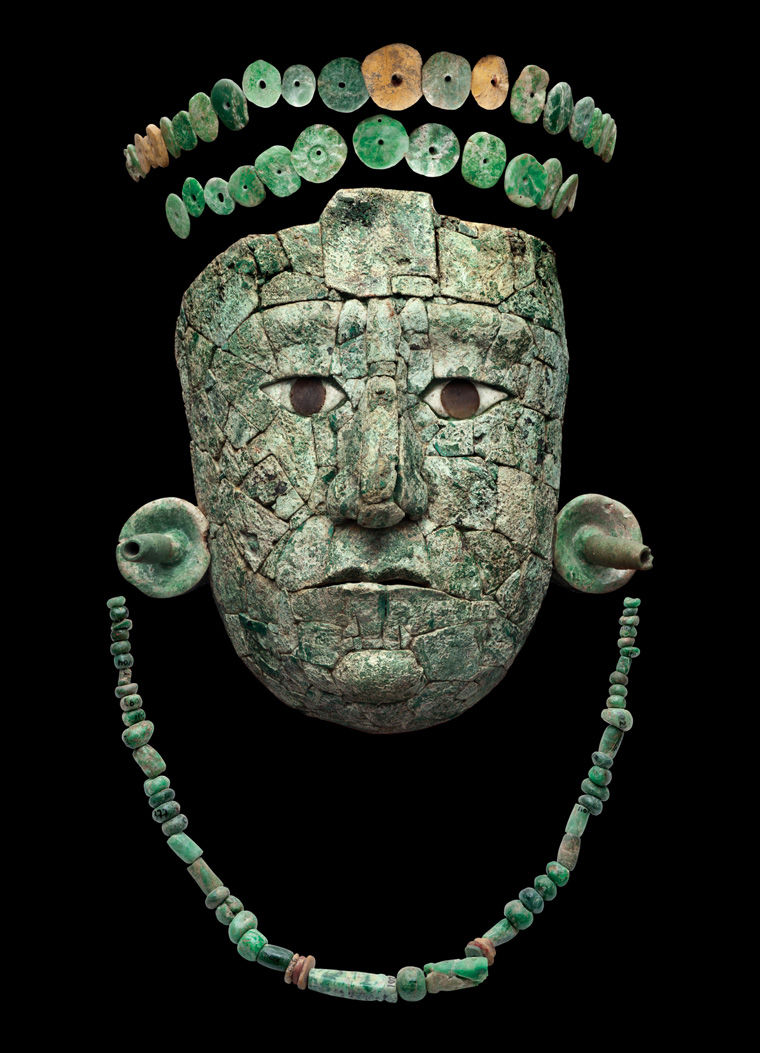Thoth
Harriet Beecher Stowe
Ibis
Gun
James Bond
Silver
Silverado
Argent
Don Segundo Sombra
F. Scott Fitzgerald
The Great Gatsby
Victoria's Secret
Sign
Silhouette
Mascara
Psalm 44:24
"Wherefore hidest thou thy face, and forgettest our affliction and our oppression?"
“Did you really have the gumption to suspect me just
because I brought you up to this bare part of the heath?~~~G.K. Chesterton
“a fountain threw high its silvery water”~~~Harriet Beecher
Stowe
"Bond shovelled the great wad of notes out on to the table"~~~Ian Fleming


"I had rather be a dog, and bay the moon"~~~Shakespeare


MASCARA
Mask of the Red Queen, A.D. 672. Mexico, Chiapas, Palenque, Temple XIII. Maya. Jadeite, malachite, shell, obsidian, limestone,

Emily Ratakowsky

En esta novela se relata la relación entre un joven y el gaucho Don Segundo Sombra, que encarna los saberes y costumbres del campo y los valores más nobles a los que un hombre puede aspirar.

Uncle Tom's Cabin; or, Life Among the Lowly is an anti-slavery novel by
American author Harriet Beecher Stowe. Published in 1852, the novel
"helped lay the groundwork for the Civil War", according to Will
Kaufman.

The Great Gatsby is a 1925 novel written by American author F. Scott Fitzgerald that follows a cast of characters living in the fictional towns of West Egg and East Egg on prosperous Long Island in the summer of 1922. The story primarily concerns the young and mysterious millionaire Jay Gatsby and his quixotic passion and obsession with the beautiful former debutante Daisy Buchanan. Considered to be Fitzgerald's magnum opus, The Great Gatsby explores themes of decadence, idealism, resistance to change, social upheaval and excess, creating a portrait of the Roaring Twenties that has been described as a cautionary[a] tale regarding the American Dream.


A traditional silhouette portrait of the late 18th century
Chess: "Uncle Tom's Cabin" "Thoth" "Harriet Beecher Stowe" "Ibis" "Gun" "Bond" "Silver" "Silverado" "Argent" "Don Segundo Sombra" "F. Scott Fitzgerald" "Victoria's Secret" "Sign" "Silhouette" "Mascara"
24: quare faciem tuam abscondis oblivisceris adflictiones et
angustias nostras
24 :Pourquoi caches-tu ta face?
Pourquoi oublies-tu notre misère et notre oppression?
24: ¿Por qué escondes tu rostro, y te olvidas de nuestra
aflicción y de la opresión nuestra?
24 : Warum verbirgst
du dich vor uns? Hast du unsere Not und
unser Elend vergessen?
24 Perché nascondi la tua faccia, e dimentichi la
nostra afflizione e la nostra oppressione?
24 Por que escondes a face e te esqueces da
nossa miséria e da nossa opressão?
24 Pentru ce Îţi ascunzi Faţa? Pentru ce uiţi de nenorocirea şi apăsarea noastră?
24Для чего
скрываешь лице Твое, забываешь скорбь нашу и угнетение наше?




No comments:
Post a Comment